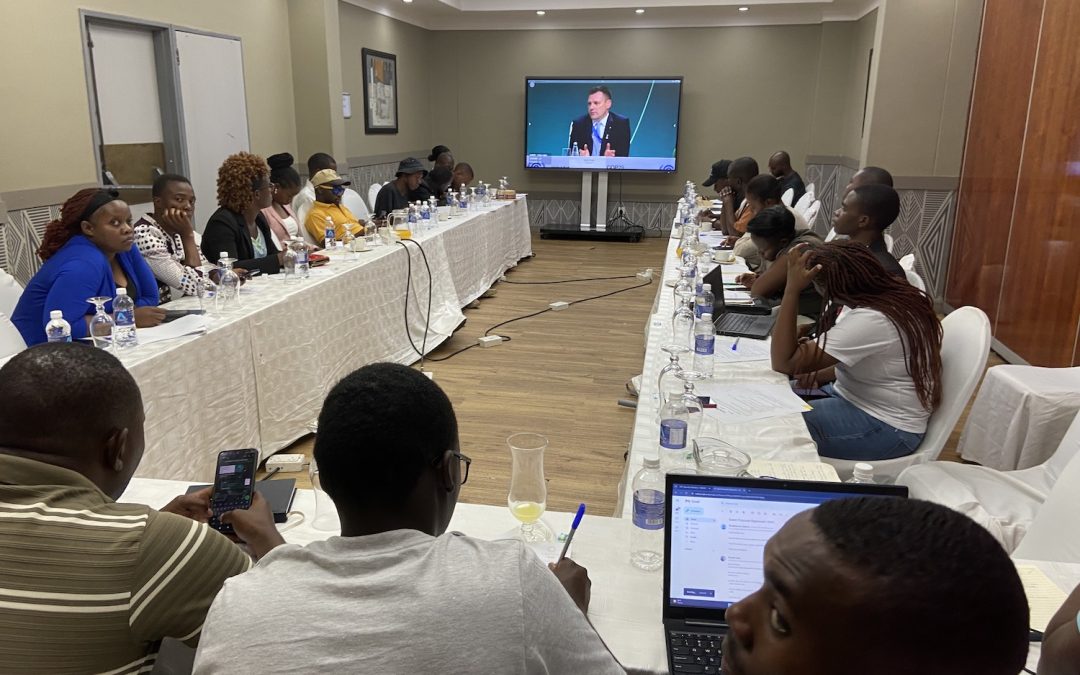What are COPs?
COPs are convened under the United Nations Framework Convention on Climate Change (UNFCCC), a multilateral treaty adopted in 1992.
The meetings serve as the formal meetings of the Conference of the Parties – hence the acronym. COPs are where Parties (governments) assess global efforts to advance the key Paris Agreement aim of limiting global warming to as close as possible to 1.5 °C above pre-industrial levels. Parties take decisions on ways to cut greenhouse gas emissions and on adapting to the impacts of climate change, on Loss and Damage (which refers to funding for vulnerable countries hit hard by floods, droughts and other climate disasters), and on the means to help countries green their economies and build resilience to climate change (finance, technology and capacity-building). An overview of the different negotiation bodies can be found here.
Why are COPs important?
COPs are crucial in the battle against climate change. They see governments come together to measure progress and negotiate the best ways to address climate change, while taking each other’s circumstances into account. COPs offer an opportunity to raise the level of attention to the threat of climate change, reflecting the fact that without the private sector, civil society, industry and individuals on board, the world will not be able to adequately tackle the climate crisis. There is no time to lose. As UNFCCC Executive Secretary Simon Stiell said: “Every tenth of a degree global heating matters. Every year matters. Every choice matters. Every COP matters.”
Why are COPs so large?
The awareness of the impacts of climate change and the need for action has led to an exponential increase in the demand for participation from a wide spectrum of stakeholders. Having grown steadily over the past two decades, the conferences are now the largest annual meetings convened by the United Nations. Dignitaries and Heads of State and Government regularly attend as well as tens of thousands of government delegates and representatives of civil society, intergovernmental organizations, nongovernmental organizations and the media. At COPs, climate change leaders, experts and influencers come together to share their stories and solutions at panel discussions, exhibits, cultural events and hundreds of side events.
Source: UNFCC

